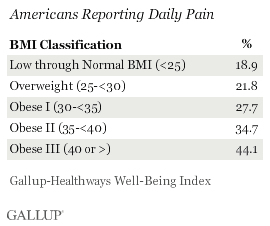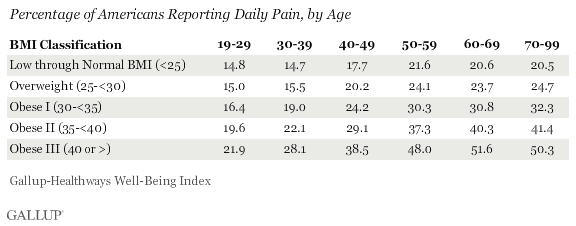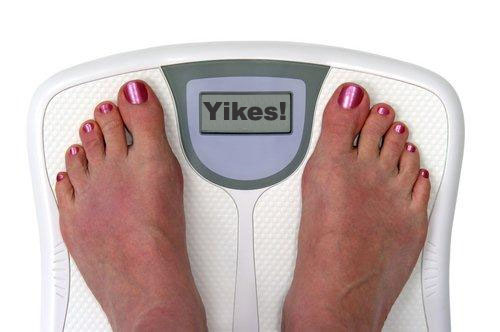New Anti-Obesity Drug Qnexa Receives FDA Advisory Panel Approval
Posted on
The second time’s a charm for Vivus’s experimental obesity drug Qnexa, at least when it comes to FDA advisory panel votes.
As the WSJ reports, one of the agency’s advisory panels today backed approval of the drug by a decisive 20-2 vote. The FDA — which often but not always follows the advice of its outside panels — is due to make its decision by April 17.
If the drug is approved, it would be the first new prescription weight-loss drug in over a decade. Qnexa combines low doses of two existing drugs: phentermine, which cuts appetite, and topiramate, now used to combat seizures and migraines.
Back in July 2010, FDA advisors voted against approving Qnexa by a margin of 10-6. The FDA itself nixed the drug later in the year, requesting more safety information.
Vivus submitted additional clinical data to the FDA in an attempt to allay its concerns. It’s not clear whether that will be enough to satisfy the agency, though. In briefing documents released ahead of today’s meeting, the FDA raised concerns about possible effects on the heart and about birth defects.
But it also noted that Qnexa produced “significant” weight loss in the first year of treatment, with some regain in the second year.
So, we will see if the FDA grants full approval.
This drug may provide the jump start that people need to start on the road to better health. It is probably not a panacea.






